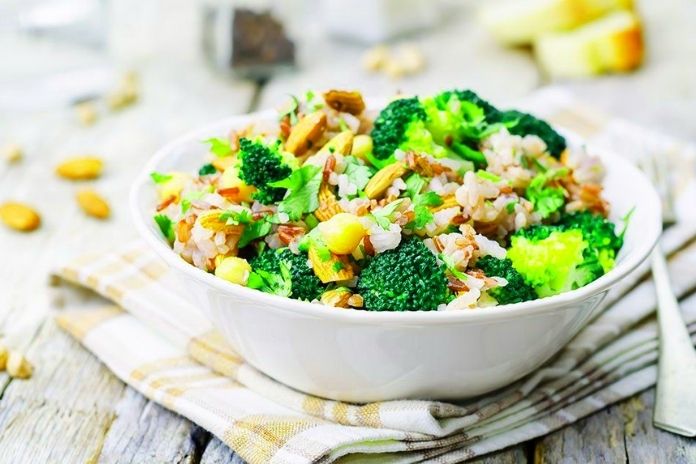Anyone who has gone too far with sweets often has a guilty conscience. Sugar also leaves nasty traces in the body and organism. Fasting is not a good idea: Instead, you should now focus on the following foods…
Sometimes it just happens, and there is a lack of discipline and self-control. Then an extra piece of cake lands on the plate, or the entire chocolate bar is eaten with a bite.
This is, of course, not ideal for the body and figure, but it should not demotivate you during the weight loss process and deter you from the overall good course: After all, nobody is perfect.
However, sugar bombs can also have other negative symptoms than the bad conscience caused by the many extra calories.
The Vicious Circle With The Sugar
Abdominal pain and upset stomach, fatigue, headaches, and even more hunger can be some of the unpleasant effects of too much sugar.
“When you eat a lot of sugar, your blood sugar becomes unbalanced, and it quickly goes down,”
“Usually, when that happens, the body starts craving new simple carbohydrates right away — it’s a vicious cycle.”
Nutrient Combination For The Blood Sugar Level
The next meal should be designed to stabilize blood sugar to break this cycle. That means: Proteins, dietary fiber, and healthy fats are the order of the day.
This is because these three components slow the rate of nutrients entering the bloodstream. In addition, they activate hormones that suppress appetite.
Ideally, these three nutrients are obtained from a large serving of protein-rich vegetables and nutritious fat sources.
“I go for pumpkin seeds, lentils and avocados,” “Chickpeas, vegetable protein powder or hemp seeds are also excellent.”
Water And Fiber Against Cravings
What is also good for the body: A combination of plenty of water and lots of dietary fiber. This can help against the unpleasant, bloated feeling of fullness.
“The combination of fiber and water helps flush out the digestive system, which can help reduce bloating,” explains dietitian Allison Gross.
“You also feel fuller for longer, which gives you better control over what you eat the next day. Going to the grocery store hungry and having to decide which groceries to buy is not a good idea – a lot of unhealthy stuff ends up in the shopping cart.”
Therefore, it is ideal to start the day with high-fiber carbohydrates such as whole-grain products. You should drink at least one and a half to two liters of water or unsweetened tea every day.
“After a week, the digestive system should be recalibrated with this healthy diet, and the cravings for unhealthy sweets should be interrupted,”
Anti-Inflammatory Foods
One of the main reasons too much sugar makes you uncomfortable is that it raises blood sugar levels, increasing inflammation in the body.
“To mitigate the damage, your next meals should include plenty of anti-inflammatory foods,” Nielsen recommends.
Perfect for this are:
- Cruciferous vegetables such as kale, Brussels sprouts, and cauliflower
- Spices like turmeric and ginger
- Omega-3 rich seeds like flaxseed or hemp
Or even better: you can fight off the craving for sweets by relying on sweet, anti-inflammatory berries.
“They’re packed with anti-inflammatory flavonoids and are perfect for satisfying lingering sugar cravings.”
Green Vegetables Calm The Stomach
“Overeating sugar can also lead to nausea and an uneasy feeling in the stomach area,” says Nielsen. “Green, bitter vegetables are great for counteracting this.”
She recommends making a green smoothie with 1/2 cup of parsley, a few stalks of celery, some cucumber and a bit of ginger, and fresh lemon juice.
The ginger is a great way to combat nausea, and the acidity of the lemon not only calms the stomach but also makes the whole smoothie that much tastier.

